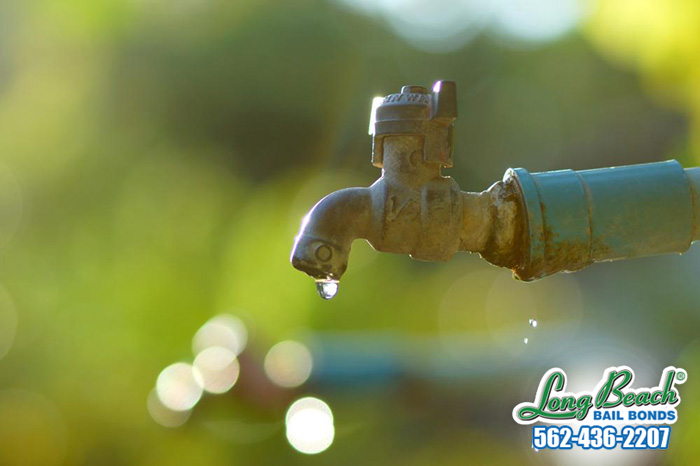
20 Sep Conserving Water in California
While the drought may technically be over for many areas of California, it is never a bad idea to conserve water. Not only is conserving water good for the planet, it can be very good for your wallet as well.
Many people argue against water conservation, stating that 71% of the earth is covered in water. This must mean there is more than enough for everyone, right? Wrong. 97% of all water on Earth is found in the oceans, which means that water is salty and undrinkable. This leaves only 3% of water as drinkable freshwater. Unfortunately, 66% of all freshwater on Earth is frozen and locked away in the polar ice caps.
This leaves very little drinkable water for all life on earth. With population rates on the rise, water conservation is becoming more and more important.
Conserving water can minimize the effects of drought years since there will be a supply stored away for times when water supply is low. This can also help guard against rising costs for water. Water providers will raise the cost of water when demand is higher than the supply. By saving water, you can help keep the supply plentiful, and keep the price of water low.
Here are a few ways you can save water around your house:
- Turn the faucet off will brushing your teeth. No one needs the water running while they are brushing their teeth, and leaving the tap on like this can save 70 gallons of water a month.
- Fix that leaky faucet. It may be a small drip here and there, but a faucet that drips 5 times a minute can waste over 200 gallons of water a year.
- Take shorter showers. Just shaving one minute off of your shower time can help save 75 gallons a month.
- Water the yard at optimal times. The best times to water your yard are at dusk and dawn. This is when the sun is at its weakest, which will reduce the amount of water that evaporates away.
- Use native plants in your yard. Native plants will be accustomed to environment where you live, which can greatly reduce the cost of watering.
- Check you sprinkler system. Broken sprinkler heads and valves can waste several gallons of water a month.
